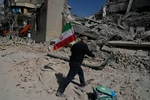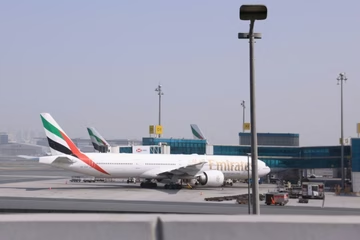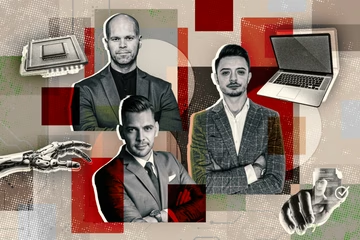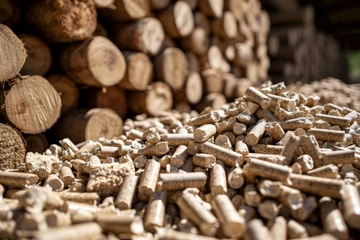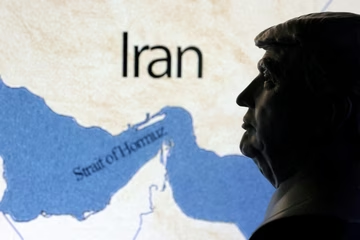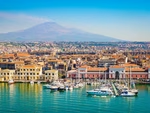Bosnian coffee recognized on Taste Atlas list of best non-alcoholic beverages
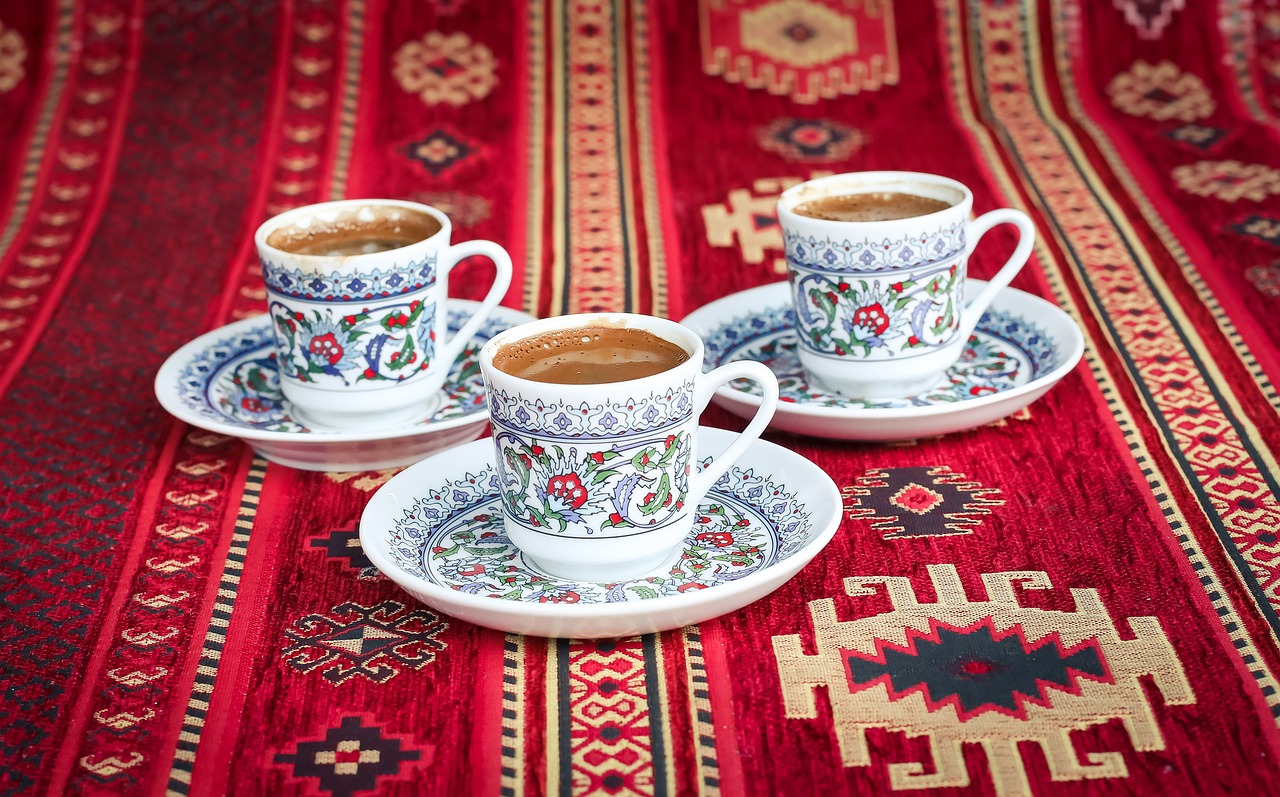
In its description, Taste Atlas highlights the similarities between Bosnian and Turkish coffee, noting that Bosnian coffee can best be described as a variation of Turkish coffee. The Bosnian preparation involves finely ground roasted coffee beans, sometimes using a coffee grinder.
Oglas
The most common method of preparing Bosnian coffee starts by boiling water in a traditional pot known as a “dzezva,” followed by adding ground coffee. The mixture is stirred until a thick foam forms, then left to settle so the grounds sink to the bottom. A small amount of hot water is often added to the “dzezva” after brewing. The coffee is traditionally served in the “dzezva,” accompanied by a small copper tray with a cup, sugar cubes, a glass of water, and often a piece of rahatlokum (Turkish delight). Taste Atlas also notes a traditional ritual: dipping a sugar cube into the coffee, taking a bite, and then sipping coffee.

The top spot on the Taste Atlas list went to Mexico's Aguas Frescas, followed by beverages like Colombia’s Lulada, Cuban coffee, India’s Mango Lassi, Indian filter coffee, Moroccan mint tea, Japan’s Hōjicha, Thai iced tea, India’s Chai Masala, and Colombia’s Cholado.
Bosnia: A nation of coffee enthusiasts
Bosnia and Herzegovina ranks 11th globally for coffee consumption per capita, with around 6 kilograms of coffee consumed annually by each resident. This statistic places Bosnia at the top of the coffee-loving nations in the Balkans, followed by Slovenia—a country where many Bosnians reside.
In Bosnia, coffee is more than just a beverage; it’s a way of life. Visitors often come to the country to experience "cejf," a term capturing the pleasure and ritual of enjoying coffee with friends and family.
Oglas

Bosnian coffee comes in various styles, reflecting regional traditions and moods. For instance:
• Sikterusa: a strong, bitter coffee.
• Razgalusa: served with sherbet (a sweet syrup).
• Docekusa: sweetened with honey, often served to welcome guests.
Another common tradition is the “razgovorusa,” a coffee enjoyed over engaging conversations, underscoring the Bosnian custom of fostering connections and sharing stories over a cup of coffee.
For Bosnians, coffee is not just a drink—it’s an essential part of daily life and a symbol of hospitality, culture, and tradition.
Kakvo je tvoje mišljenje o ovome?
Učestvuj u diskusiji ili pročitaj komentare
Oglas
Kakvo je tvoje mišljenje o ovome?
Učestvuj u diskusiji ili pročitaj komentare
Oglas





 Srbija
Srbija
 Hrvatska
Hrvatska
 Slovenija
Slovenija








